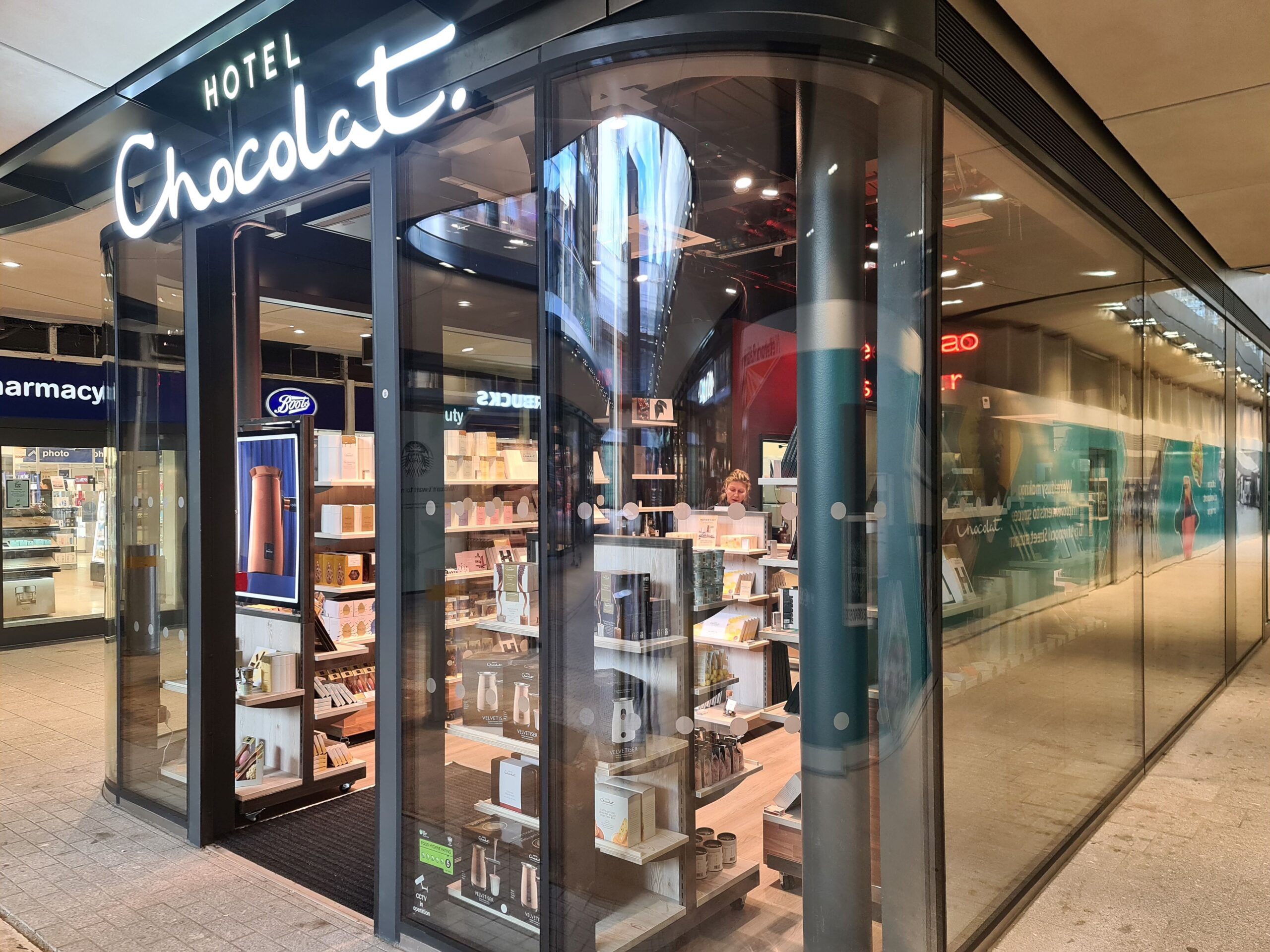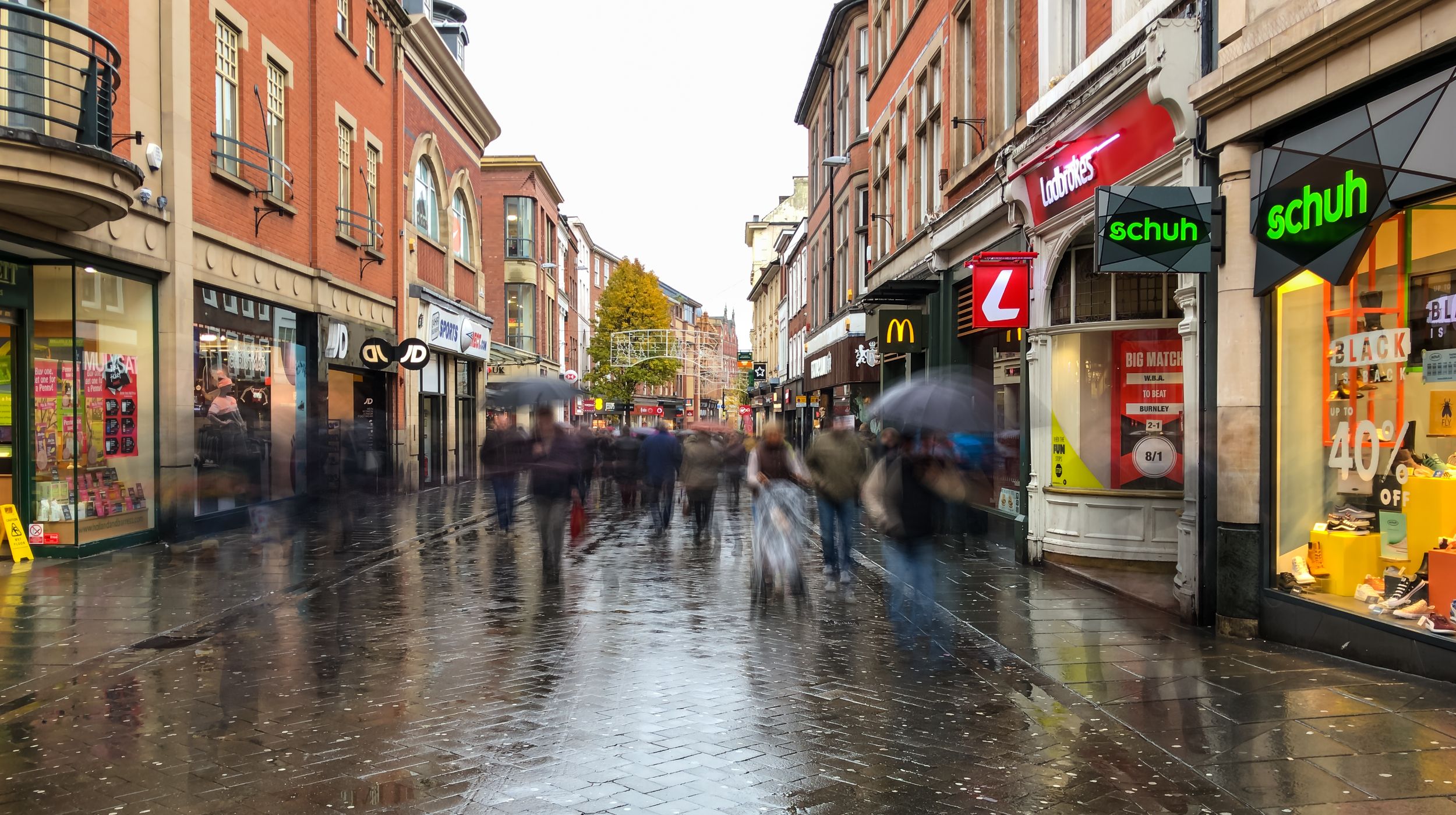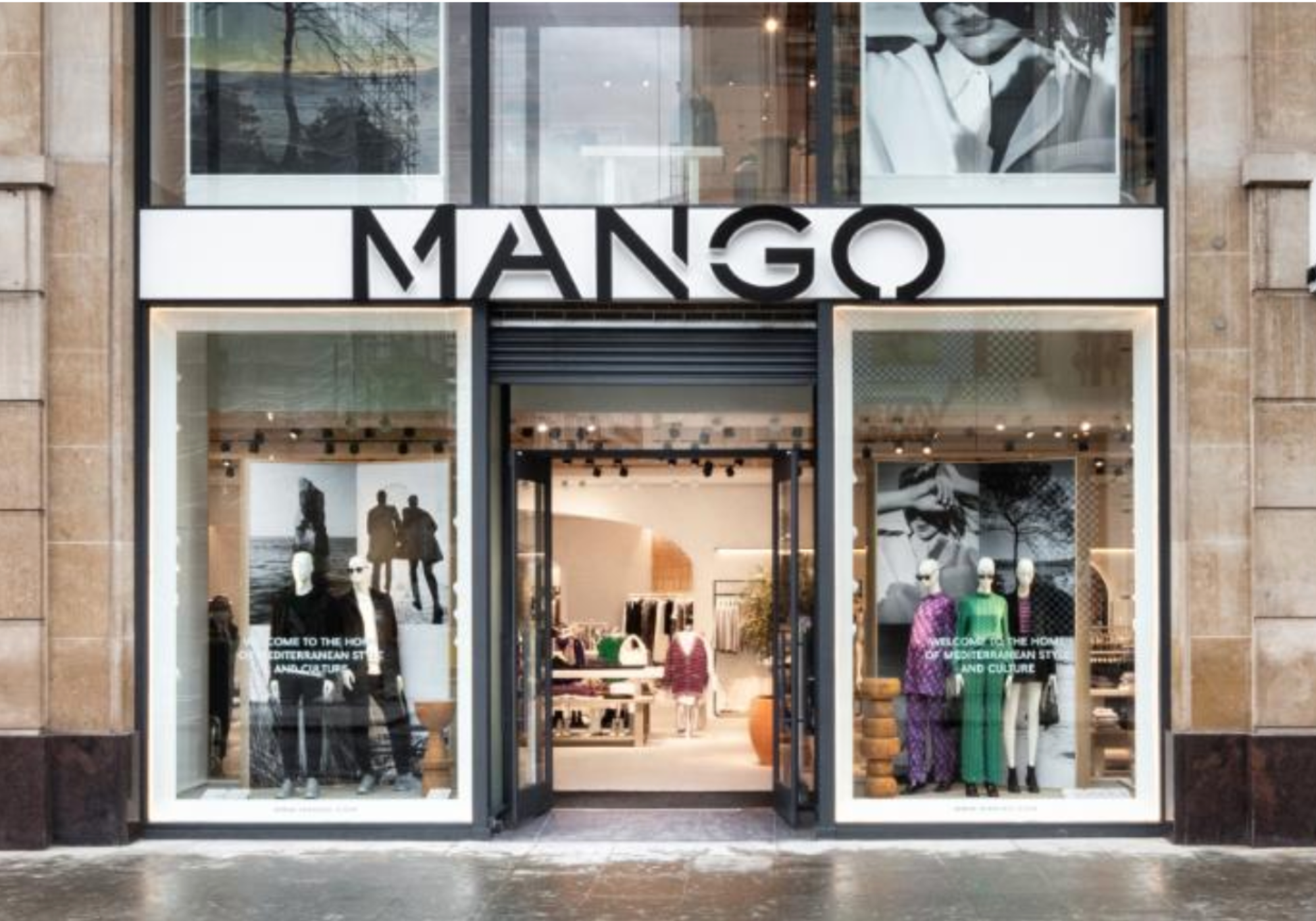Shoe Zone this week joined the call on the government to look again at business rates in the upcoming budget. Chief executive Anthony Smith warned that it was closing stores because the rates burden meant that stores did not make financial sense. He said that despite the growth of online shopping, it’s clear that customers still want to buy from stores on high streets.
He warned that more than 20 Shoe Zone stores a year have closed over that last five years ecent years, and that more than 100 of its stores could close in total if business rates are not reformed.
Smith told BBC Five Live’s Wake up to Money that while stores such as those run by Shoe Zone played an important part of keeping local high streets vibrant, particularly in small towns, the way that rates are calculated means that the maths doesn’t work in favour of keeping shops open.
“We look at the mathematics of it and if we’re not making money out of it and if we don’t see us being able to make money in the next five years, the shop will unfortunately have to close,” he said. “We are closing at the moment, and have been over the last five years, over 20 stores a year.
“We will end up closing over 100 high street stores. We are opening out of town and we have a very fast-growing online business that’s growing very fast but that’s not going to stop high street closures. When we talk to people what they want is vibrant high streets and a reason to go and shop there.”
The retailer has already negotiated lower rents with landlords in recent years – but Smith says that rates aren’t keeping pace. “Ten years ago our rates would have been about 26% of our rental value. Today it’s more like 54%. Consistently over 10 years our rents have been coming down and the rateable values haven’t been following.”
Smith’s call comes days after 52 retailers called for action on to reform a business rates system that is widely seen an extra burden on high street retailers as they compete against others that sell only online. Marks & Spencer, Sainsbury’s, Asda, Debenhams, Dixons Carphone, Morrisons, River Island and Superdrug were among the signatories to a BRC letter to the Chancellor that was subsequently backed by Frasers Group.
The letter called on the UK government to look at fundamentally reforming business rates in the budget. In particular, they want to see the transitional relief system fixed. Business rates are based on the rateable value of a property and transitional relief limits how fast a business’ rates liability changes as its rateable value does. That means that those who find they are now paying too much or too little rates move towards the right level in increments.
The BRC says the staggered nature of the transitional relief scheme has two effects. First, it says that it forces retailers to subsidise other industries – to the tune of £543m net over the last three years. Second it says that businesses located outside London subsidise London businesses – totalling a net £596m over the last three years.
Shoe Zone is a Top50 retailer in RXUK Top500 research.
Image: Screenshot of Shoezone.com






